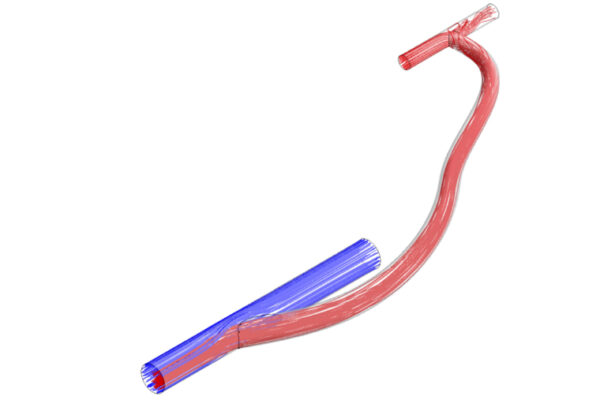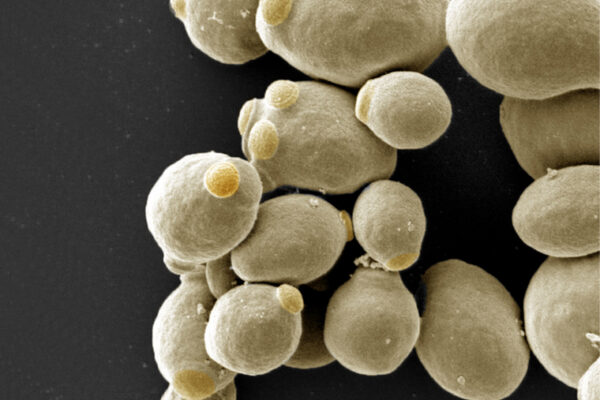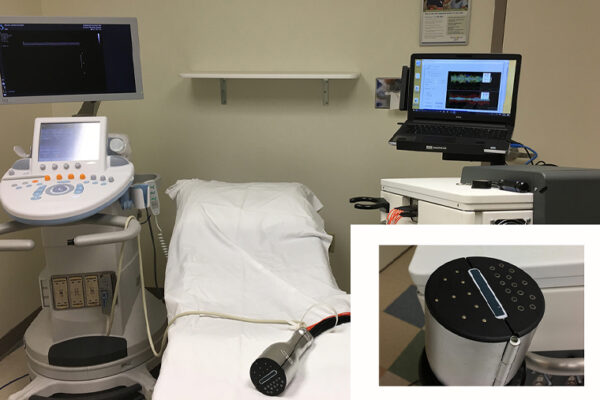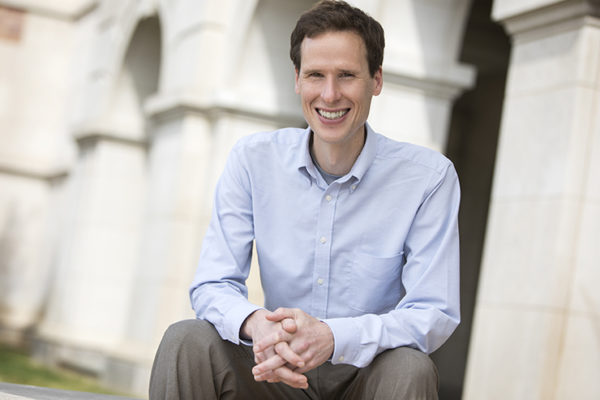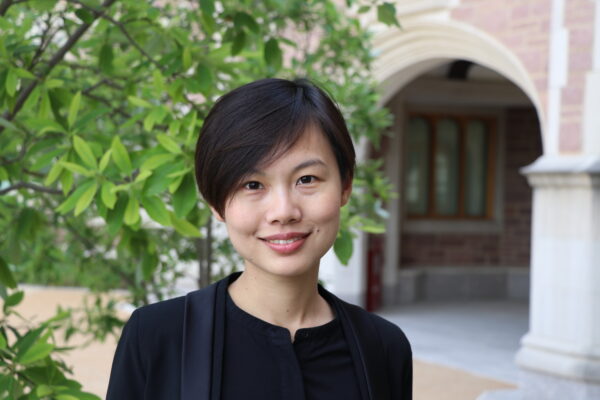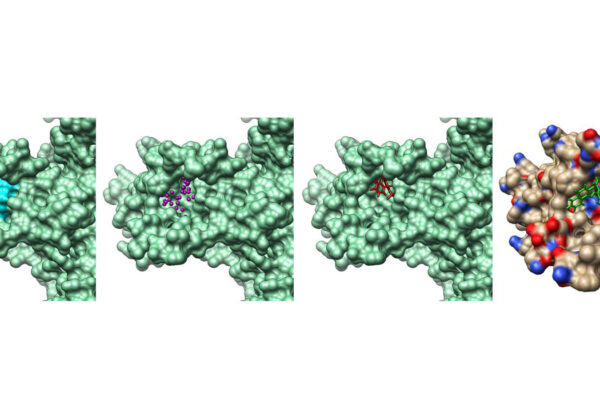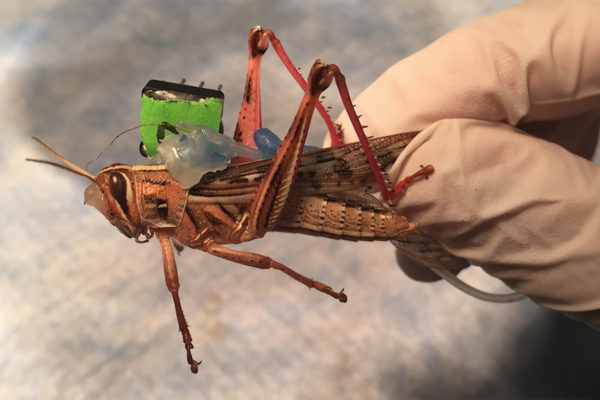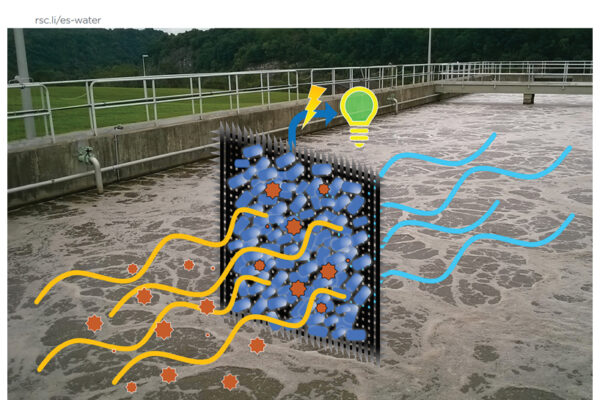Wallace Diboll, former professor of mechanical engineering, 97
Wallace “Wally” Diboll, a former professor of mechanical engineering and materials science at the McKelvey School of Engineering who taught for 37 years, died Friday, May 7, 2021, of congestive heart failure in St. Louis. He was 97.
Improving dialysis through design
Faculty from the McKelvey School of Engineering and the School of Medicine teamed up to design better grafts for dialysis patients.
NIH awards Brent nearly $2M
Michael Brent at the McKelvey School of Engineering plans to make a new map and model of the information-processing machinery in cells with a five-year nearly $2 million grant from the National Institutes of Health (NIH).
New method predicts chemotherapy effectiveness after one treatment
An interdisciplinary team at Washington University finds that combining certain data after a patient’s first treatment can predict how a breast cancer tumor is responding to chemotherapy.
Vahey receives NIH grant
The National Institutes of Health (NIH) has awarded Michael Vahey, at the McKelvey School of Engineering, a two-year $433,125 grant for research into virus vulnerability.
Ling receives NSF CAREER Award
Fangqiong Ling received a five-year $500,000 CAREER Award from the National Science Foundation for her research into wastewater-based epidemiology.
New tool activates deep brain neurons by combining ultrasound, genetics
A multidisciplinary team at Washington University led by Hong Chen has developed a new brain stimulation technique using focused ultrasound that is able to turn specific types of neurons in the brain on and off and precisely control motor activity without surgical device implantation.
Compound may prevent risk of form of arrhythmia from common medications
A team led by researchers including Jianmin Cui, professor of biomedical engineering, discovered a compound that prevents and even reverses the underlying physiological change that can lead some drugs to cause heart problems.
Grant funds research pushing limits of cyborg insects
The Office of Naval Research is funding research at the McKelvey School of Engineering to put cyborg locusts’ sense of smell to the test.
Wastewater treatment system recovers electricity, filters water
A new system developed in the lab of Zhen (Jason) He uses bacteria to filter wastewater while creating electricity.
Older Stories

